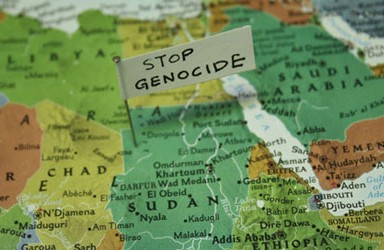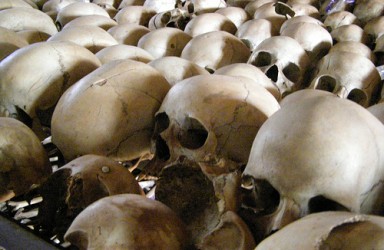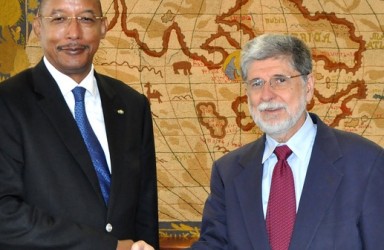Towards A Nuanced Understanding of Failed States
Generalizations are not helpful in determining the causes and implications of state failure in particular cases, as the situation is Somalia demonstrates.
Why Do New Democracies Not Choose First Past the Post?
New democracies can achieve their primary objectives of inclusiveness and compromise much more effectively with proportional representation or mixed systems.
The Growing Power of Transnational Social Movements: The Cautionary Case of Darfur
This paper looks to deconstruct the foundations, structure and impacts of the Save Darfur movement. Although the movement achieved some monumental successes, it also served to severely undermine peace efforts and reinforce African dependencies
The Primacy of Structural Violence in Sub-Saharan Africa
1946-2002 saw 47 civil wars in sub–Saharan Africa. While structural violence plays its role, there are other factors to consider.
The Transition to Majority Rule in Southern Africa and the Exceptional Case of Botswana
Botswana is an exceptional example of a Southern African country which appears to have successfully negotiated the pitfalls inherent in the perilous journey to democratic, majority rule.
International Courts And The Domestic Judiciary In Africa
From the establishment of the International Criminal Tribunal for Rwanda and the Special Court for Sierra Leone to the investigations by the International Criminal Court, international criminal justice in Africa has taken an increasingly domestic approach.
Child Reconciliation in Post-Conflict Sierra Leone
The systematic inclusion of children in the Sierra Leone Truth and Reconciliation Commission process was unprecedented in the history of truth and reconciliation initiatives. Given the country’s history of child involvement in the war as both victims and perpetrators, it was especially important to include children in the post-conflict peacebuilding processes.
Ethnic Conflict and R2P
We may all agree that there is a moral imperative to halt mass atrocities. The problem is the reconciliation of such an obligation and our entrenched system of anarchy at the international level. Those states that are part of the United Nations should have a responsibility to respect the adoption of R2P principles, notably the moral imperative to halt mass atrocities and punish the perpetrators through the ICC.
NEPAD and African Development Policy
Many Africans wait for it to fail as its predecessors did, and mistrust its intentions. But the New Partnership for Africa’s Development has a set of ambitious forward-thinking goals and ideals and is an excellent example of what Africans can do when they come together to help the continent out of the mire of its history and dependence.
The on-going conflict in Somalia: A short report
The Civil War in Somalia has gripped the country for 20 years, causing widespread displacement of citizens, and has turned Somalia into a training ground for Islamic terrorists in Africa. Since 2006 the civil war has taken a much larger religious dimension.










